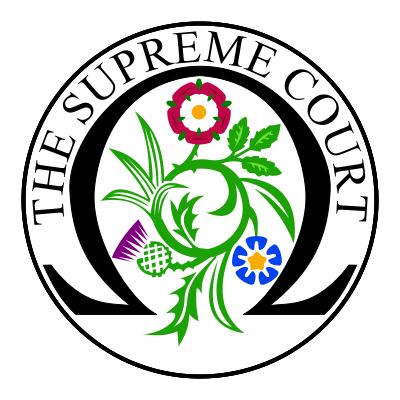Company’s VAT repayment from HMRC liable to corporation tax Supreme Court rules
 The Supreme Court has ruled a company’s VAT repayments, made after it overpaid VAT, are liable to corporation tax.
The Supreme Court has ruled a company’s VAT repayments, made after it overpaid VAT, are liable to corporation tax.The appellant, Shop Direct Group (SDG), is a company in the Littlewoods corporate group (the Group).
The court unanimously dismissed SDG’s appeal. Lord Hodge – with whom Lord Neuberger, Lord Reed, Lord Carnwath and Lord Hughes agreed – gave the judgment of the court.
Over a number of years, companies within the Group made substantial overpayments of VAT to HMRC. These VAT overpayments were made on an incorrect understanding of law: the VAT was wrongly calculated when goods were sold to agents of the supplier with a discount for commission. The relevant supplies were made between 1978 and 1996 by companies within the Group, including SDG. VAT was paid to HMRC in relation to these supplies by the representative member of the Group under section 43 of Value Added Tax Act 1994 (VATA 1994). By 2007, following a series of reorganisations within the Group, each of the companies which had made relevant supplies had permanently discontinued its trade.
In June 2003, the representative member of the Group made a claim for repayment of VAT from HMRC under section 80 of VATA 1994. This claim included the various payments which led to the VAT Repayment. In September 2007, HMRC made the VAT repayment pursuant to arrangements which resulted in the VAT repayment being received by SDG as beneficial owner at the time of receipt.
The issue before the Supreme Court was whether the VAT Repayment was liable to corporation tax under the Income and Corporation Taxes Act 1988 (“ICTA”, later rewritten in the Corporation Tax Act 2009).
Sections 103 and 106 of ICTA imposed a charge to corporation tax on post-cessation receipts from a trade, profession or vocation. These provisions and their statutory predecessors were enacted to prevent tax avoidance by businesses choosing when to discontinue a business in order to escape tax on post-cessation receipts. In the proceedings below, the First-tier Tribunal, Upper Tribunal and Court of Appeal all held that SDG was liable to corporation tax on the receipt of the VAT repayment.
Against the background of the other relevant provisions of ICTA, the court concluded that section 103 does not contain an implicit restriction so that the charge to tax on post-cessation receipts falls only on the former trader whose trade was the source of the income. There are three reasons in support of this conclusion:
- First, there is nothing in the wording of section 103(1) or (2) which necessitates such implication. The charge to tax is clear: where a trade has been permanently discontinued, corporation tax shall be charged on “sums arising from the carrying on of the trade…during any period before the discontinuance”. Section 103(1) required only that the sums “are received” after the discontinuance; it specified the source of the sums falling within the charge but imposed no further restriction.
- Secondly, section 103 was designed to catch the “fruit” of the trade. Its aim was to make sure that sums which a person received, which arose from a discontinued trade and which were not otherwise taxed, were brought into a charge to tax. No sound policy reason has been suggested for confining the charge to the former trader and his personal representatives.
- Thirdly, the neighbouring provisions of section 103 drew a distinction between the person chargeable to tax and the person who had previously carried on the trade. This suggests that the former was not confined to the latter.
The court rejected SDG’s submission that the sum it received equivalent to the VAT repayment did not have a former trade as its source, but was the result of an intra-group arrangement which was either a transfer for no consideration of that sum, or a transfer for no consideration of the rights to the VAT Repayment. Under section 103 of ICTA, the focus was on the original source of the receipt; the arrangements within the Group as to the specific company that was to receive the VAT Repayment did not alter that original source.
Section 106 of ICTA also supported a wider interpretation of the scope of the section 103 charge to corporation tax: section 106(1) quantifies the section 103 charge at the amount of the consideration or the market value of the rights to such sums when the former trader transfers its rights to those future receipts for value and the subsection imposes the charge on the former trader ; and section 106(2) disapplies section 103 and substitutes another Case of Schedule D only if the transferee company is carrying on the continuing business when it receives the fruits of the trade which is deemed to have been discontinued.
Applying this analysis of sections 103 and 106 of ICTA to the facts of this case, the court concluded that the Group’s affairs were organised such that the VAT Repayment was received by SDG as beneficial owner, receiving sums “arising from the carrying on of the trade” of the companies making relevant supplies during periods “before the discontinuance” and the sums were not otherwise chargeable to tax. The VAT Repayment accordingly was subject to a charge to corporation tax in the hands of SDG.




